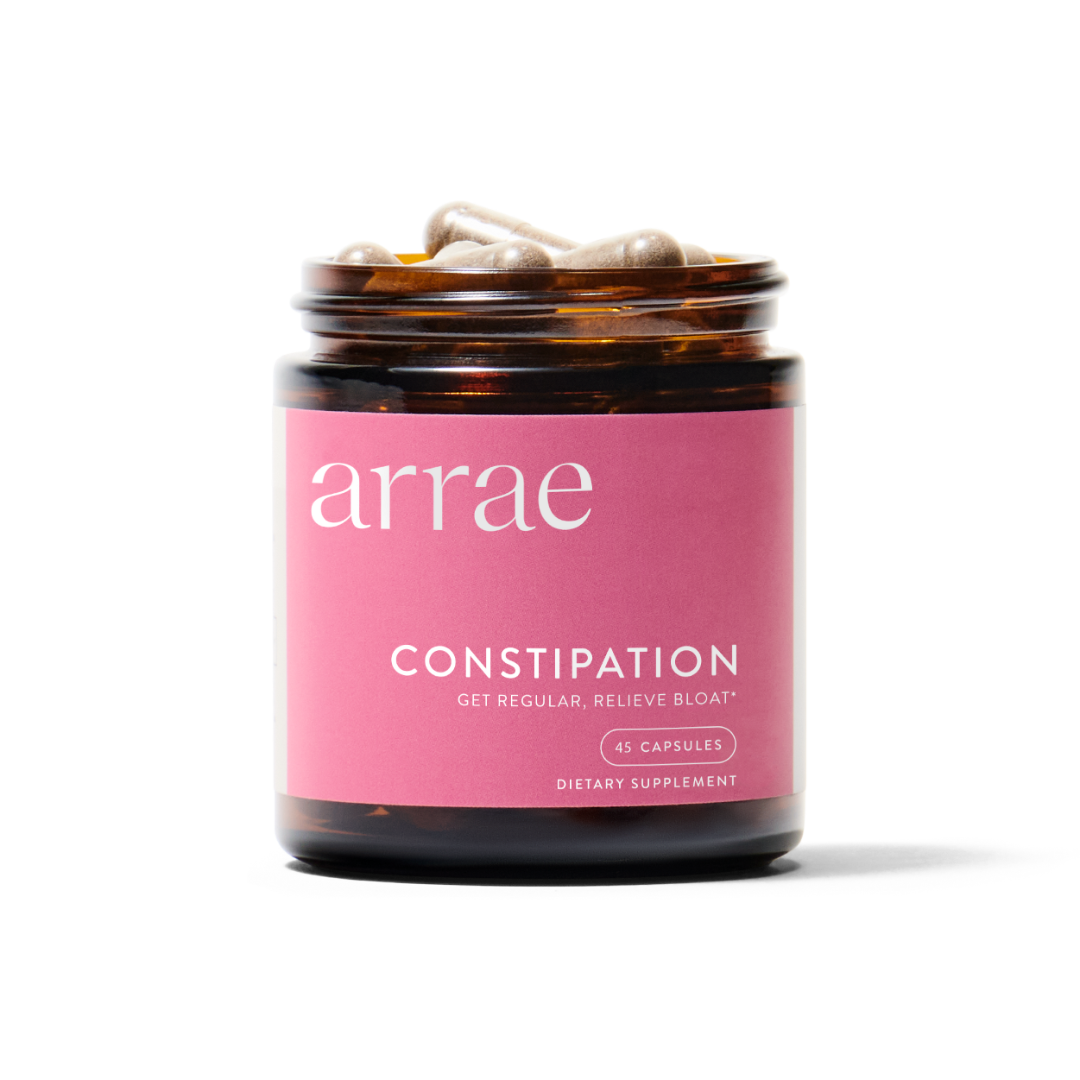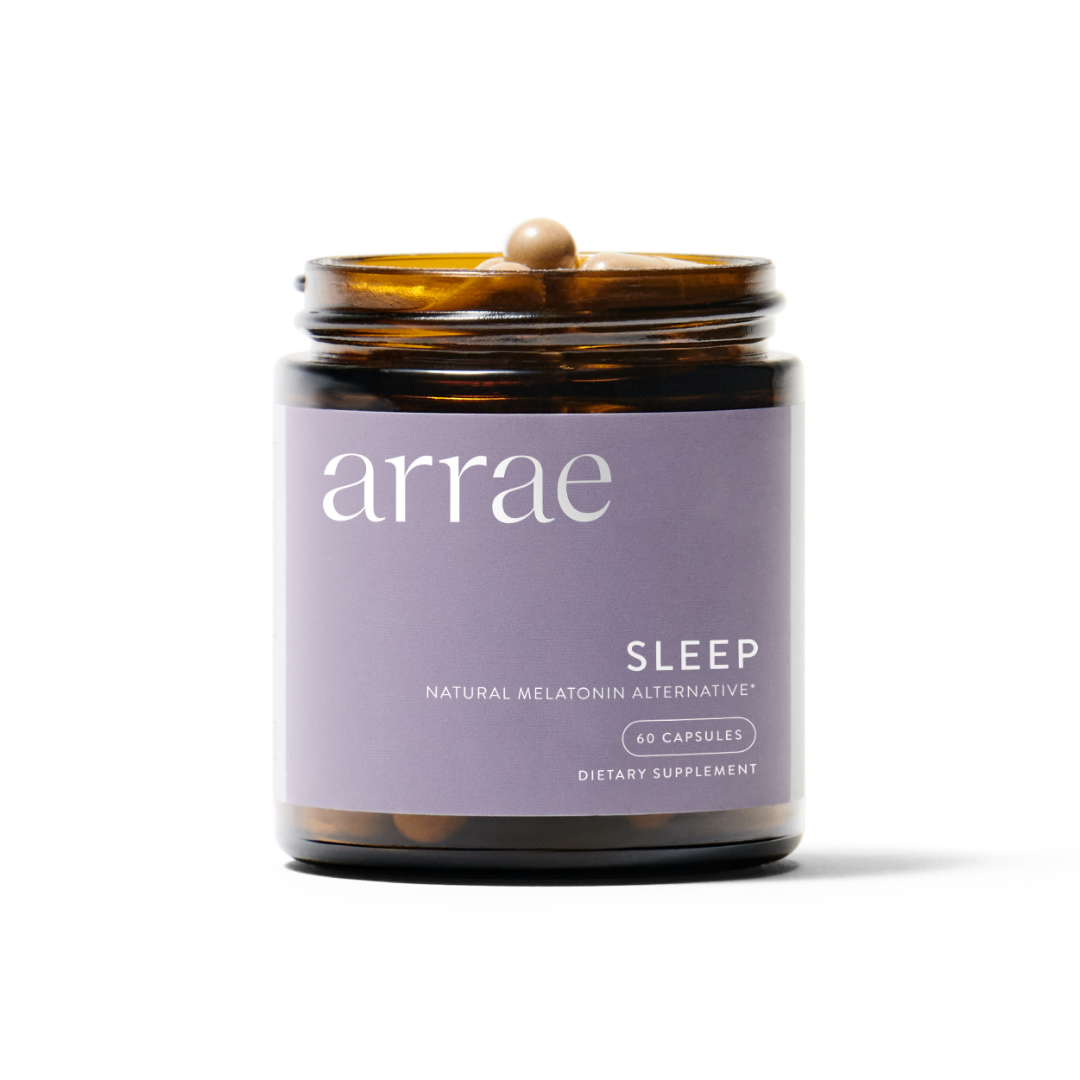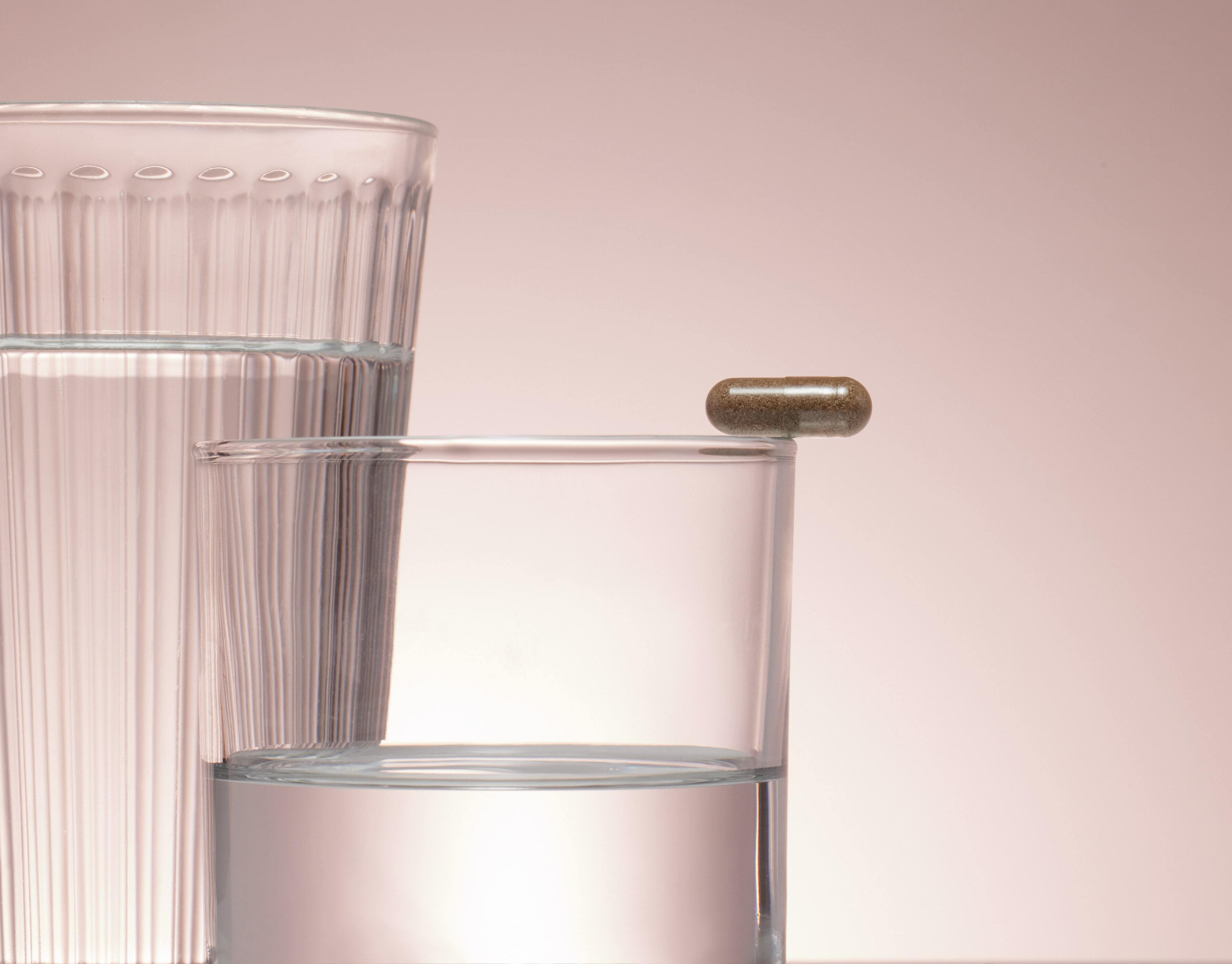Fall: the season where the leaves change, the temperature drops, and the days get shorter thanks to the not-so-beloved time change. And as we say goodbye to longer sun-kissed days and set our clocks forward, our sleep patterns get thrown for a spin - and can leave us feeling like we’ve pulled an all-nighter at a cosmic party we didn’t RSVP for. The result? A change in our circadian rhythm that leads to restless nights and groggy mornings.
The Significance of Sleep
You know how everyone says you’re not you when you're hungry? Well, the same thing goes for sleep and well-being. Sleep isn’t just a snooze button for your body. It plays a critical role in digestive health, the immune system, and mental health.
Plus, sleep has a major impact on your day-to-day concentration and productivity. So when external factors (like setting the clock forward an hour) disrupt our sleep patterns, it has significant impacts on our well-being and day-to-day lives.
The Connection Between DST and Circadian Rhythm
The circadian rhythm is your body’s internal clock that works 24/7 to control alertness by day and sleep patterns by night. This natural rhythm is controlled by a series of biochemical processes, syncing up with the rise and fall of the sun. And with shorter winter days, our circadian rhythm doesn’t always match the season, or takes some time to catch up.
Daylight Saving Time (or DST) is when we adjust our clocks to make better use of daylight. When we set the clocks forward in the spring, we lose one hour of sleep that night. When we 'fall back' in fall, we set the clock back one hour. Even though this sounds like we get an extra hour of sleep, studies show that there’s little evidence that we actually do. Instead, the shorter days throw us off in a few different ways.
How Shorter Days Affect The Body
-
Decreases Serotonin: Daylight hours trigger the production of serotonin, a hormone that regulates our appetite, energy levels, and mood. As the days get shorter and nighttime sets in sooner, serotonin production decreases - affecting our sleep patterns and overall mood. This reduction in serotonin can also lead to seasonal depression, or Seasonal Affective Disorder (SAD). SAD symptoms can include chronic fatigue, overeating, trouble focusing, and social withdrawal.
-
Melatonin Production: Instead of producing more feel-good serotonin, melatonin (the hormone that gets us feeling sleepy and ready for bed) starts to dominate. Why? The reduced natural light prompts the pineal gland, a small but mighty endocrine gland in our brains, to produce melatonin earlier in the evening. This triggers a drop in body temperature, causing feelings of drowsiness and fatigue - leaving us to feel more tired and sluggish.
-
Metabolism Changes: Less natural light leads to more reliance on artificial lighting during the evening. This can slow down the metabolism over time and make it harder for our bodies to process food and manage energy.
-
Productivity and Concentration: The hypothalamus, a tiny but powerful part of the brain, responds to light to send signals to the body about when it’s time to wake up versus wind down. Reduced exposure to natural light can disrupt this balance, with the hypothalamus missing its cues to signal alertness and focus.
Getting quality sleep is key to avoiding the negative effects and disruption that comes along with the time change - allowing us to seamlessly transition from season to season. From consolidating memories and supporting cognitive function to regulating our mood and metabolic functions, sleep plays a pivotal role in our lives - and the time change can challenge our normal sleep patterns. Understanding the significance of rest and its crucial connection to our physical and mental health, can empower us to make thoughtful choices to maximize our sleep during shorter days. With that being said, here’s 6 hot tips to help you prep for the time change and get the most out of your sleep.
Hot Tips to Prep for Shorter Days
-
Snooze Smartly: Stick to a consistent sleep schedule all throughout the week - and yes, that means trying your best to do it on the weekends, too. Create a relaxing bedtime routine for yourself and make sure that your room is cool, dark, and comfortable.
-
Soak Up the Sun: Try spending as much time as you can outside during the day to help regulate your circadian rhythm. Sunlight exposure not only boosts serotonin, but also helps set the stage for a smoother transition into nighttime by enhancing melatonin production.
-
Mind Your Diet: Avoid heavy meals, caffeine, and alcohol three hours before bed. This gives your body enough time to digest so you’re not tossing and turning with an upset stomach. If you love a good late-night snack, choose sleep-friendly options like bananas, nuts, or herbal tea.
-
Unplug & Unwind: We get it - scrolling through Tik-Tok is super temping after a long day, but cutting your screen time signals your body that it’s time to wind down. Opt-in for a good book, journaling, or meditation practice 30 minutes before bed instead.
-
Limit Naps: If you do find yourself in-need of a cat nap, keep it around only 20-30 minutes and earlier in the day so it doesn’t interfere with your sleep schedule.
-
Take 2-3 Alchemy Sleep Capsules: It’s not biased if it’s science ;) Arrae Sleep contains a blend of four herbs and one neurotransmitter that work synergistically to promote deep sleep without causing the daytime drowsiness that comes with melatonin-based products. Entering a deep sleep state allows for your body to sleep uninterrupted throughout the night, while regulating your body’s natural sleep cycle to get back on track.
References:
Dawes, Hayley. “Dark Matters: Effects of Light at Night on Metabolism.” Dark Matters: Effects of Light at Night on Metabolism, 2 Sept. 2022, dreemdistillery.co.uk/blogs/dreem-journal/dark-matters-effects-of-light-at-night-on-metabolism.
Manfredini, Roberto, et al. “Daylight Saving Time, Circadian Rhythms, and Cardiovascular Health.” Internal and Emergency Medicine, U.S. National Library of Medicine, 3 July 2018, www.ncbi.nlm.nih.gov/pmc/articles/PMC6469828/.
Northwestern Medicine. “5 Surprising Ways Shorter Days Affect Your Brain [Infographic].” Northwestern Medicine, Dec. 2022, www.nm.org/healthbeat/healthy-tips/Surprising-Ways-Shorter-Days-Affect-Your-Brain-infographic.
Pacheco, Danielle, and Dr. Anis Rehman. “Daylight Saving Time - How Time Change Affects Sleep.” Sleep Foundation, 20 Oct. 2023, www.sleepfoundation.org/circadian-rhythm/daylight-saving-time.





















 Instagram
Instagram TikTok
TikTok Youtube
Youtube Facebook
Facebook Email
Email